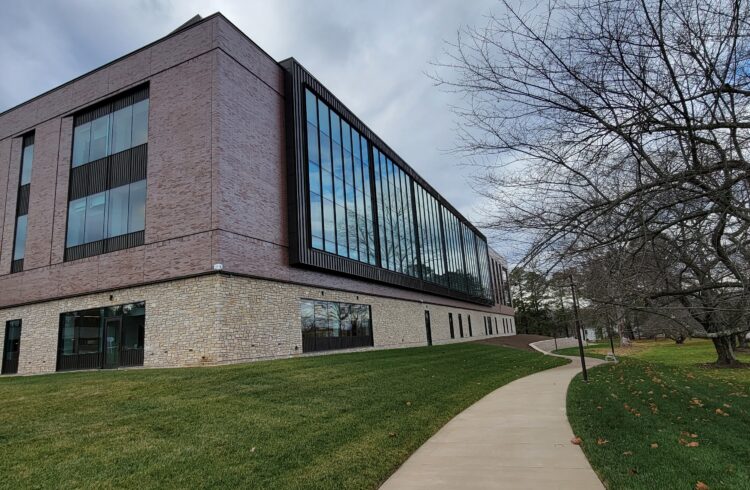
The packaging of some marijuana and Delta-8 THC edibles mimic popular candies, making them more attractive to children.
Over the years, rumors have arisen that dangerous drugs or poisons could be introduced into your child’s Halloween candy. The reality: intentional candy tampering is rare. No actual cases of poisoned Halloween candy have ever been reported in our region.
But every year, thousands of children are harmed by poisons in their own homes. One of the growing concerns today are cannabis edibles.
“Edibles” found in shops such as vape stores are foods or beverages infused with chemical compounds, such as delta-9-tetrahydrocannabinol (THC), which is a cannabinoid found in cannabis. Many edibles are packaged to look just like familiar treats: gummy candy, lollipops, cookies, chocolate or chips. Since edibles are not regulated by the federal Food and Drug Administration, the exact ingredients in edible products are often unknown, and what’s listed on the label may not be what’s in the package. When tested in a lab, many products have been found to contain contaminants such as non-listed chemicals, mold or pesticides.
It is unlikely that a child will return from trick-or-treating with THC-laced edibles, or any other dangers, in their basket. However, if THC-laced edibles are present at a home where trick-or-treaters visit, someone could grab the wrong product by mistake to give to children. And if children discover THC-laced edibles on their own, they may eat them.
Christopher Holstege, MD, director of UVA Health’s Blue Ridge Poison Center, is concerned about the spike in the number of children who are becoming ill from ingesting such edibles. In 2023, there were 6,888 calls to U.S. poison centers about children who ingested cannabis edibles. This is up sharply from 2018, when there were 816 calls.
When children eat cannabis edibles, there could be serious and potentially life-threatening side effects. Adults can experience problems as well. The effects from edibles may be delayed by a few hours, so if you suspect a child ate cannabis edibles, call the UVA Health’s Blue Ridge Poison Center right away at 800.222.1222, even if there are no symptoms. Calls are free and confidential, and the poison center is open around the clock.
The Blue Ridge Poison Center offers these tips for keeping children safe:
- If you have edibles at home, keep them locked and stored up and away – out of the sight and reach of children.
- Never call medicine “candy” to make it more attractive to a child.
- Limit trick-or-treating to homes of people you know and trust. Inspect candy before letting your children eat any of it; toss out anything unwrapped or suspicious.



